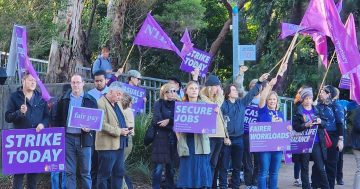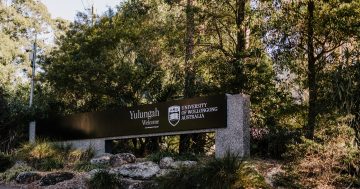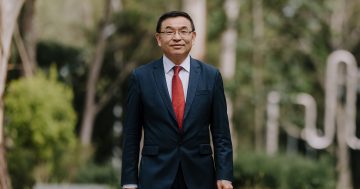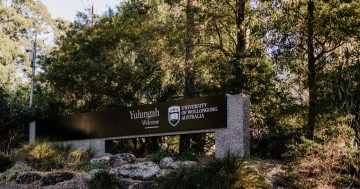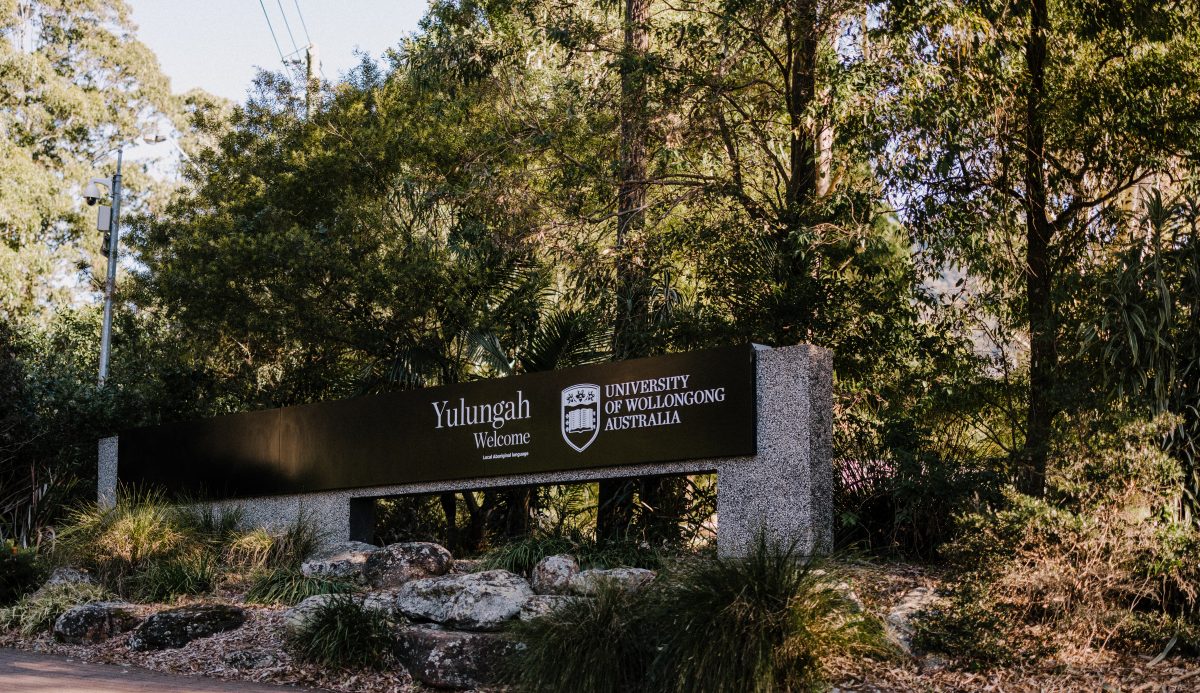
UOW has announced its final staffing and teaching changes after last year’s consultation. Photo: UOW.
More than 91 staff positions will be cut as part of the University of Wollongong’s (UOW) plan to remain financially viable after the institution saw a $35 million drop in revenue last year.
Changes are set to be made across 25 disciplines which include staff reductions, redundancies and curriculum changes, with the areas of cultural studies, Japanese, Mandarin and science and technology studies to be disestablished after being deemed unviable.
“The Final Change Plan achieves $21 million in recurrent savings resulting from a reduction of 91.6 full-time equivalent positions,” Interim Vice-Chancellor and President Professor John Dewar said.
“To date, voluntary redundancies have been accepted for around three-quarters of those positions.
“For our students, comprehensive teach-out plans, along with appropriate supervisory and support arrangements are in place to ensure continuity in their studies.”
While most departments set to be impacted have already finalised the required staffing reductions or curriculum changes, six disciplines require further full-time employment reductions with UOW moving to an expression of interest process to achieve viable staffing levels.
“Change is never easy, but it is essential to secure UOW’s future,” Professor Dewar said.
“These adjustments allow us to respond to immediate challenges while preparing for sustained growth and excellence into the future. The steps we are taking today will ensure that UOW remains competitive, innovative and committed to delivering an outstanding student experience.”
But National Tertiary Education Union General Secretary Dr Damien Cahill was concerned the cuts would have the opposite effect on the institution’s ability to perform.
“Although a strong campaign by NTEU members and allies within the broader Illawarra community has reduced the number of proposed job cuts at UOW, a reduction of 91 full-time equivalent staff will nonetheless seriously damage the university,” Dr Cahill said.
“By cutting core staff, the university is undermining its ability to perform its core mission of teaching and research.”
The restructure was prompted by an ominous financial outlook for the university which was particularly impacted by changes to the Federal Government’s migration policy and declining international enrolments.
Consultation was held late last year, with more than 100 individual and group meetings held with affected staff, faculties and disciplines and more than 400 feedback submissions received from internal and external stakeholders, including academic colleagues, industry partners, alumni and community members.
This extensive feedback helped to inform the final plan.
“Some disciplines originally proposed for closure will now be retained through staffing and curriculum changes, including human geography and some teaching in earth sciences, French, Spanish and English language and linguistics,” Professor Dewar said.
Dr Cahill questioned whether the move was putting the interests of the university and local community first.
“These damaging job cuts are being pushed by a fly-in, fly-out vice-chancellor who has a declared conflict of interest, being the partner in a private consultancy that is contracted to advise the university on operational matters.
“How can staff have confidence that the vice-chancellor is acting in the long-term interests of the university or the Illawarra community?”
Dr Cahill said union members would continue to campaign to save the jobs of their colleagues.
Professor Max Lu will take over as UOW Vice-Chancellor in May this year.









